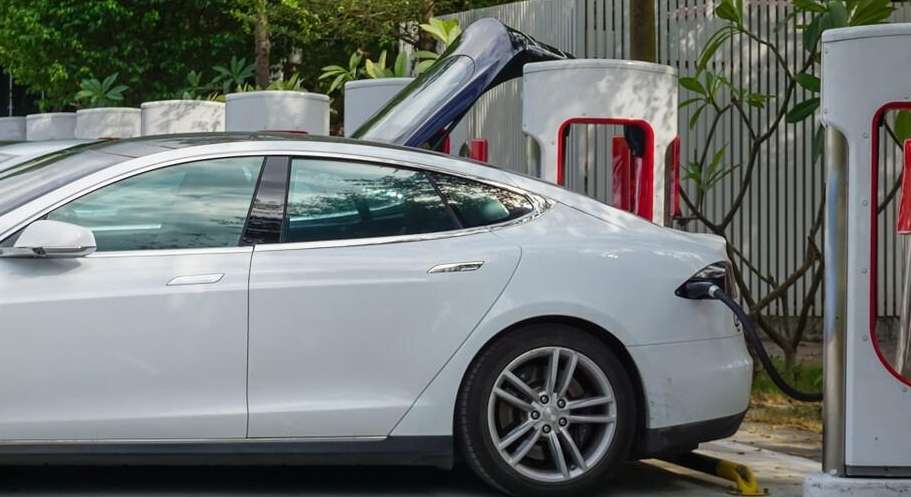Volkswagen May Close Some Factories in Germany
Advertisements
On September 3, 2023, Volkswagen, the German automotive giant, made waves in the industry by indicating that it might take unprecedented measures, including the potential closure of some of its factories in GermanyThis announcement comes as the company grapples with increased competition from European rivals and Chinese manufacturers, alongside ever-rising production costs that are putting significant strain on its operationsAs one of the largest car manufacturers in the world, Volkswagen's every move is noted with keen interest, and this pivot signals a larger trend in the automotive sector—a trend marked by aggression and necessity.
Reports have emerged stressing that a comprehensive restructuring is imperative across all Volkswagen brands to effectively manage factory operations, workforce, and the costs of materials and productsOliver Blume, the CEO of Volkswagen, has been candid in acknowledging the challenges faced by the European automotive industry, noting that the economic climate has grown considerably harsher and new competitors are entering the European market, capturing the attention of consumers and market share alike.
Blume’s remarks underscore a crucial point: Germany's competitiveness as a manufacturing hub is gradually waning
In light of this, the company is contemplating more drastic cost-cutting measures, recognizing that traditional tactics alone will not suffice in addressing these daunting challengesWith this in mind, the prospect of closing some factories in Germany is not off the table.
Unfortunately, in the first half of the year, the automaker witnessed a notable 7% decline in customer deliveries in the Chinese market
- Positive Outlook for Japan's Stock Market in 2024
- Volkswagen May Close Some Factories in Germany
- Volatility Grips Global Financial Markets
- Asian Markets Boosted by Holiday Cheer!
- Impact of Interest Rate Differentials on the Forex Market
This decline is symptomatic of shifting consumer preferences, relentless competition, and a lagging product strategyCorrespondingly, Volkswagen’s operating profit in China has plummeted dramatically, resulting in an alarming 11.4% decrease to 10.1 billion euros (about 11.2 billion USD), a clear blow to the company’s profitability.
Within the company, these cost-cutting strategies have sparked a vigorous responseIG Metall, one of Germany's largest trade unions, has criticized Volkswagen's management practices and vowed to defend workers' employment rightsThorsten Groeger, the union’s chief negotiator, articulates concerns that Volkswagen’s plans pose a severe threat to jobs and factories, warning that such actions may jeopardize the core of Volkswagen itself.
These employees have contributed significantly to the country's economic prosperity, technological innovation, and overall industrial strengthDespite facing myriad challenges from market competition, cost pressures, and internal conflicts, Thomas Schaefer, CEO of Volkswagen Passenger Cars, remains adamant that the company is committed to retaining Germany as its most vital business base, emphasizing its historical heritage, technological competence, and brand prestige.
While the company confronts the current hardships head-on, Schaefer insists on an urgent need for candid and constructive dialogue with employee representativesTogether, they seek pathways to achieve a "sustainable restructuring of the brand,” aiming to discover routes that can effectively manage costs and enhance competitiveness while ensuring a healthy workplace environment for employees.

The key will be to strike a balance between cost control and innovation, ensuring the company does not sacrifice traditional core strengths—such as exceptional engineering expertise, rich branding culture, and extensive global sales networks—in its pursuit of brand realignment and strategic transitionThe stakes are high; the outcomes will not only dictate Volkswagen's own fate but also hold significant implications for the future of the entire European automotive industry.
Should Volkswagen transform this crisis into an opportunity, managing to emerge from the restructuring successfully, it could very well set a precedent for other automotive enterprises in Europe, leading the industry into a new developmental phaseConversely, if the company encounters insurmountable obstacles in its reform endeavors, there is a real danger of the broader European automotive sector plunging deeper into hardship, faced with the looming threat of being overtaken by emerging forces in the market.